Digital doesn’t mean necessarily disruption. Sometimes, it’s better to adapt than diversify or reinvent its business. Digital technologies are not only for IT anymore, it’s now applied to all the business sectors. Let’s have a look on the limo industry: this field has suffered a huge digital disruption with the platform as Uber, Lyft …
What are the effects of the digitalization on a business, on its activity, its team and its customers?
1. Platforms :
Platforms offer a 100% digitized service, from the booking until the billing, even for the chauffeur. It’s obvious that digital is revolutionary.
Positive points are accessibility, monitoring the chauffeur, billing and attractivity of the price. On the other hand, there are a lot of negative points: depersonalization of the service, lack of training program, failure in passenger’s safety (chauffeurs are only independent operator not selected on qualitative criteria but only on regulatory requirements), change of prices according the demand, lack of quality control … Excess digitalization feels also the effects on the relationship between the chauffeur and the platform: the only mean of communication to contact the chauffeur or the clients is the email. These ways of collaboration don’t encourage the chauffeur to stick to the platform’s image and conveys a positive image of the company. Knowing that, clients using these apps can’t expect more.
2. Conservatives :
There are still many companies keen to preserve their habits because until now it has always worked perfectly. Even if their services are more expensive, they are still averse to change in their way of doing… because they think success will last forever. Chauffeurs are usually experimented, better trained than the platforms but still not willing to get into digitalization. Phases to confirm a booking remain obsolete: request, confirmation, Excel spreadsheet to handle the dispatch, lack of booking form… all these steps are controlled by a human being without a dedicated software.
It remains basic and doesn’t display any information for the client. Obviously, you can keep saying that the chauffeurs were always on time and never caused any issues to the clients or the bookers. Digital is not a necessity but we truly think that it will help to fulfil the client’s needs.
3. Hybrides :
These companies combine physical and digital: they use technologies in order to be more efficient, offering additional services and creating loyalty. Digitalisation increases the client experience and heighten the image of the company: it also allows businesses to have a better understanding of technologies which is necessary for a business to develop itself.
Kingdom Limousines has made the choice to digitalize its business in order to get a better experience for its clients, chauffeurs and management team: it means e-booking forms, payment online, e-booking confirmation, login and many automated services. The chauffeur uses an application that allows the booker, client and dispatch to know which chauffeur has been allocated to your ride, when he’s en route, on location, pob and drop off.
Our chauffeurs are the pillars of our client service. We coach them to increase their skills: languages, meet & greet and ability to respond positively to any requests the clients may have. They create a strong link with the clients, advise them on venue, restaurant and places to visit: they are a concierge on the wheels. They help us to collect the client’s preferences and anticipate their unspoken needs for their next trips.
The team at the office is also very reactive to deal with any additional requests the booker or clients may have. During the events, our logistic transportation staff will look after your guests and make sure everything go smoothly.
The fleet is equipped with Wi-Fi and a tracking system which enables us to share the position of our chauffeur in real time.
Digital technologies have become essential according to our clients whether they are corporate or individuals. We made the choice to keep focused on the vehicles, the chauffeurs but specially to place the client under the microscope of concern.
The key to success is to keep focus on the client’s needs, to be flexible in the organization and understand that digitalization is useful but must be regulated. All the biggest and luxury hotels know how to deal with it.


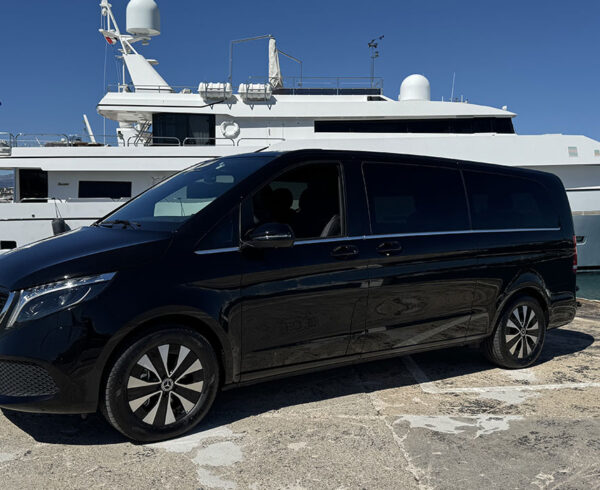
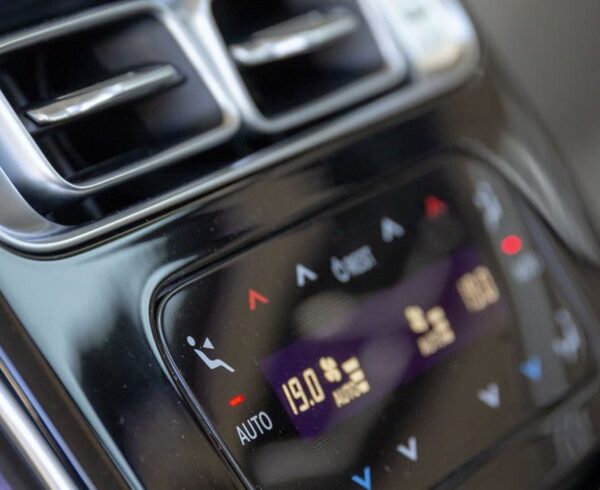
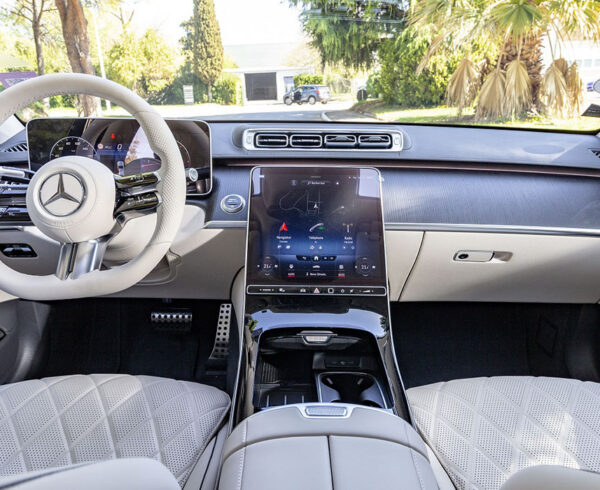
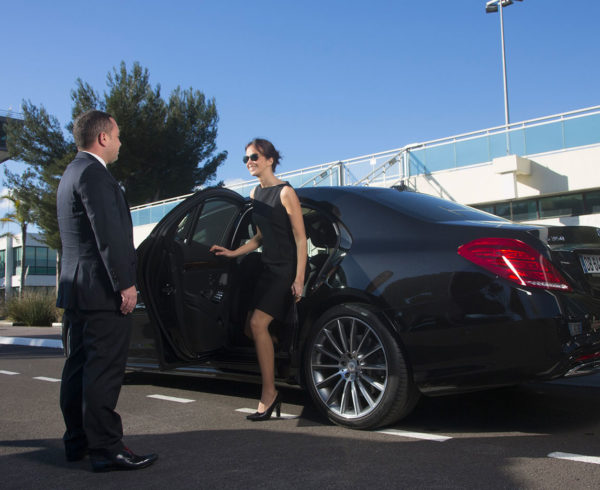
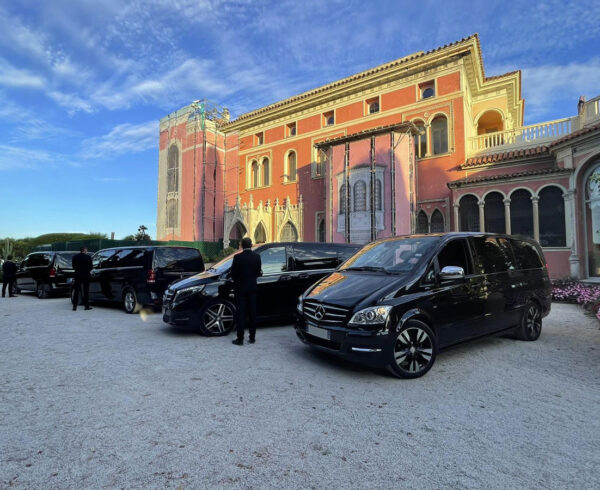









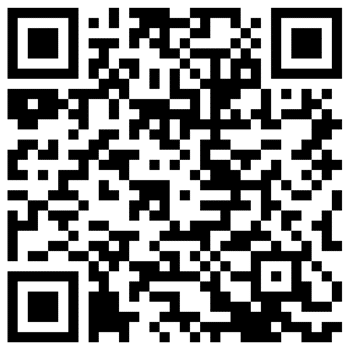




Leave a Comment